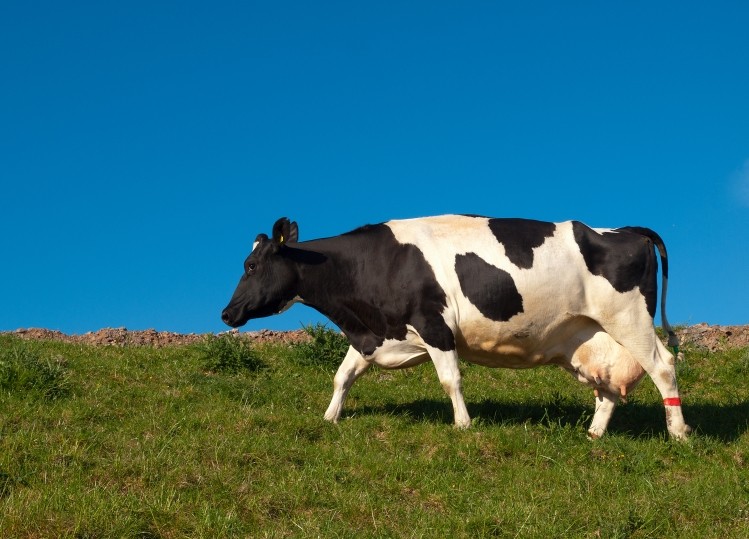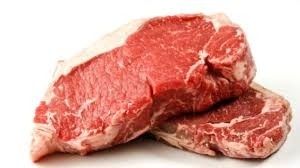Infographic
25% of Brits eat less meat than last year: Survey

Environmental alliance Eating Better, which commissioned the YouGov survey, says that the results show a “generational shift in British diet” as people consume less meat and remain wary of ready meals and processed meat after the infamous horse meat incident earlier this year.
Generational shift
Discussing the results Eating Better used another YouGov survey conducted for Friends of the Earth back in 2007 as a reference point to track changes in carnivorous habits and attitudes.
Eating Better claims that the environmental impact of producing and eating meat is significant, and that in terms of health and in creating global sustainable food and farming systems it would be better if we all move towards a diet containing less meat.
The survey found that the most dramatic change in awareness of some of these issues was among young people aged 18-24. This was gauged by asking to what extent participants agreed or disagreed with the statement: "Producing and consuming meat/livestock products has significant negative impacts on the environment."
In 2007 8% of young people surveyed agreed with this statement, with this figure rising to 40% in 2013. Across all participants this rose from 14% to 31% across the same time period.
The survey found that 17% of young people said they do not eat any meat at all which works out as nearly three times more likely than the survey’s average.
Of the representative sample of 1819 British adults who took part in the online survey, only 2% said they eat more meat than they did last year while 34% said they would be willing to consider eating less meat.
Eating values
Around half those surveyed said they would be willing to pay more for ‘better’ meat if it is healthier, produced to higher animal welfare standards, tastes better or provides better financial returns to farmers. The organisation said that this willingness to pay was not altered by social grade.
“We’re delighted that more and more people are waking up to the benefits of eating less and better meat for health, animal welfare, the environment, farmers as well as saving money,” Vicki Hird of Friends of the Earth and chair of Eating Better alliance said. “Food companies must take note and do more to help people switch to healthier, sustainable diets.”
When asked which kind foods they would be most likely to eat less of, the majority of respondents (38%) said ready meals and ready to eat foods containing meat, followed by 34% selecting processed meat (including ham, bacon and sausages).
Eating Better suggested that this could suggest a remaining public wariness of cheaper meats following the horse meat scandal.
What’s in it?
Eating Well suggested that better information and labelling explaining things like country of origin and how animals are reared is needed. The survey found that two out of three people (67%) feel it is hard to tell which meat is more environmentally friendly.



























